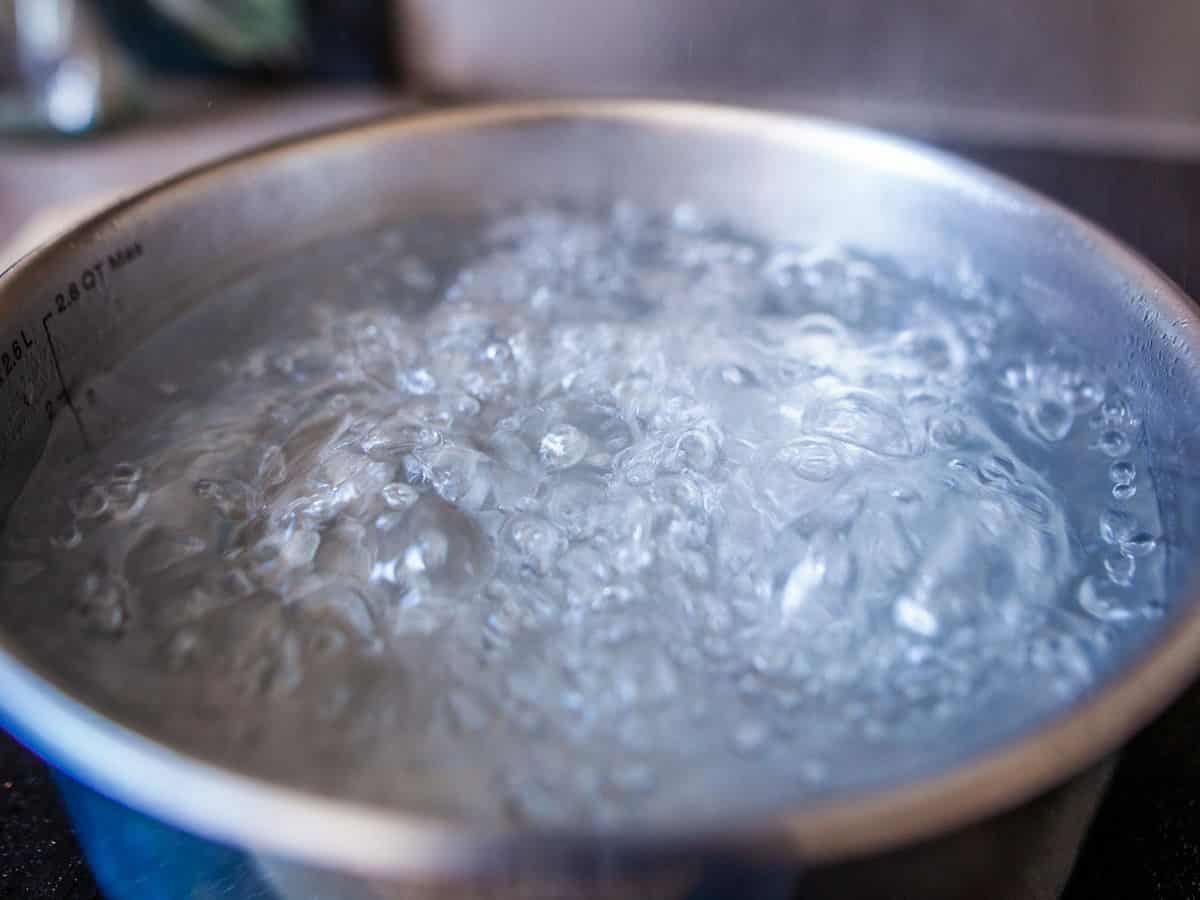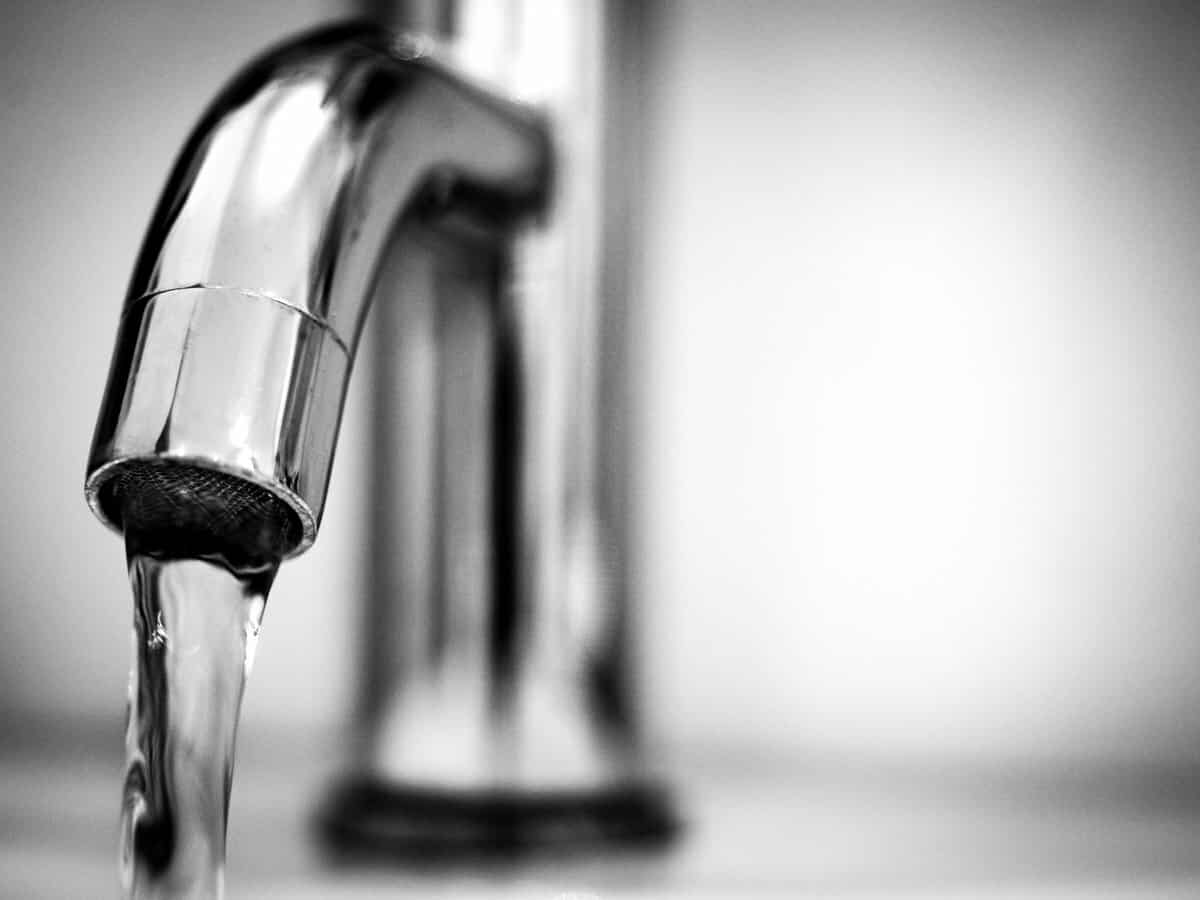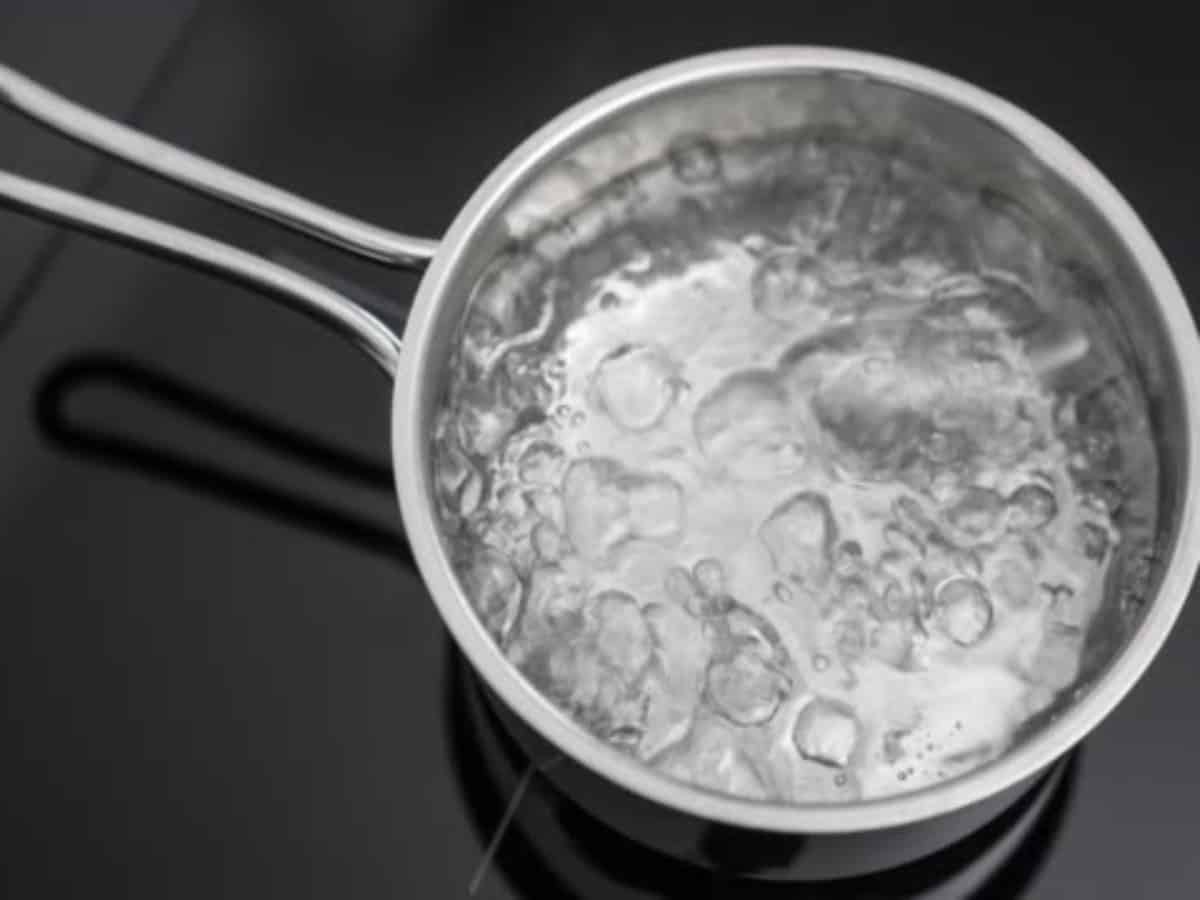One of the most basic needs that we can provide for our families is clean drinking water. Modern infrastructure usually makes that pretty easy, but nothing is infallible. When the government or water company issues a boil water advisory, you must take it seriously. One way you can do that is by learning more about what the advisory means, how to comply, and what steps can make it easier.
What Is a Boil Water Advisory?
A boil water advisory indicates that the water supply is currently unsuitable for drinking or use in food preparation. That includes brushing your teeth or watering your animals. This might be due to bacteria or some other issue, but the key factor is that boiling the water removes most of the risk. An advisory is typically issued by a city, county, or state. Companies that supply water may advise their customers, and the local news will likely report on it as soon as they can.
What Causes a Boil Water Advisory?
Any event that pollutes a water supply can result in a boil water advisory. Three primary causes of pollution lead to a water boil order being issued:
- Damage to the water main from wear and tear.
- A significant weather event like a hurricane or flood.
- Malfunctions at the water treatment center.
Because there are so many potential causes, it’s more sensible to tell people how to handle the problem than to make an advisory for each event. The cause of the problem is usually included in the news, but not always.

How Long Does a Boil Water Advisory Last?
The duration of the boil water advisory will vary according to the severity of the cause. In some cases, like precautionary advisories for specific communities, the warning may only last the few hours it takes to run tests on the supply and confirm it’s safe. The average advisory for larger systems will last 24 to 48 hours. This gives workers time to check for the problem and ensure the supply is properly safe. That does mean it’s not uncommon to have advisories for about a week, even outside of extreme cases.
In a worst-case scenario, the boil water advisory can last indefinitely. A storm may simultaneously damage a water treatment facility, flood the mains enough that they rupture, and spread contaminants throughout the area. Even with dedicated effort, those are not small problems to fix. Once an advisory is issued, you should be prepared for it to last.
How Do You Boil Water to Make It Potable?
The first step for boiling water is finding a suitable cooking container and a heating element. In most cases, a pot and the stove will do the trick. Heavy storms can bring down power and taint the water at the same time, so having a backup plan is a good idea. Wood burning in the fireplace can double up its usefulness by heating your home and purifying the water at the same time. A small, portable solar panel, a battery for it to charge, and an electric heating element can also serve as a backup.
The second and third steps are easy: add water to the pot, then put it on the heating element at high heat. The time it takes for it to boil may change if you’re using an irregular heating source like a wood fire.
Once you have the water at a rolling boil, keep it there for at least a minute. If you’re up in the mountains, give it about three minutes to let the water heat up more. After that time, the water should be free of any living bacteria. Give the water time to cool before you use it for drinking, including for any animals.
The last step is to store any extra water, if possible. Every bit of usage is important in an emergency. Keep old water bottles on hand to refill them, use pitchers and pans, or purchase a rain barrel.

Are There Other Ways to Make Water Usable?
Rainwater can become polluted, but it’s less likely to be so than groundwater during a boil water advisory. A rain collection system can provide a decent amount of water, but it’s susceptible to the weather and not something you can install in response to an emergency.
Distilling is more effective at removing sediment and lingering chemicals, but it’s not necessary for a boil water advisory. The water is boiled until it becomes vapor, then a second container collects the vapor as it cools. It requires extra equipment and more care than boiling does, so the effort is not worth it in most cases.
Iodide tablets quickly purify water just by adding them, but they leave behind a noticeable aftertaste. They are frequently sold with taste neutralizers. While more expensive than boiling water, it’s still cheaper than the cost of bottled water during a potential panic.
Lastly, you can filter out bacteria through many different technologies. UV filters are like a laser grid of death for microscopic organisms. Others refine the size of the filter so that only water or similarly small molecules can fit through it. The bacteria are left on the other side, ripe for decontamination. Complex filters combine multiple versions into one device for more complete elimination.
What Else Can Minimize Risk from Boil Water Advisories?
Having a supply of bottled water on hand helps weather the initial period, but it’s not a permanent solution. Even a couple of days of drinking will run through eight gallons of water for a 4-person family. Still, a few bottles can save power by not needing to be boiled. They’re also available right away, so you can keep people hydrated while setting up for the advisory. You shouldn’t go overboard, but storing a pack in each car plus a couple in the garage is not a bad idea.
An emergency water filter can be fairly cheap while producing thousands of gallons over the lifespan of a filter. Modern filters are better at removing bacteria without harsh chemicals. They are also much smaller and lighter than even a single case of bottled water, but you do need a source of water to filter through it. Some versions come with rain collectors and use gravity filtration. If it’s not raining, pour the contaminated water into the collector, then let it fill a bucket while you do something else.
The best way to be prepared for a boil water advisory is a home water filtration system. Since it covers the entire supply for the home, it removes the risk of accidental drinking while bathing. Most systems can easily handle household usage, so there’s no delay like there is with boiling. Advisories do not always come before pollution, either, but the water filter system always comes before your family’s cups.
Electricity powers some water filter systems, but others are powered by gravity or pressure forcing the water through the filter. Aside from the energy cost savings, ones that don’t rely on power are more reliable during severe conditions. For self-reliant households, even a home solar system might be damaged during a storm. Picking a filter that doesn’t need power is one less thing to worry about in an emergency.

Don’t Wait Until It’s Too Late
Precautionary steps should be taken well ahead of time. For a home water filter, there are no reasons to delay if you have water safety concerns. ONIT Home is experienced with installing home water filter systems that use reverse osmosis technology that works whether or not there’s power. The systems require very little maintenance, and we can help you with that, too. It won’t take long to have a failsafe in place against the dangers of a boil water advisory.
Best of all, a home water filter isn’t a wasteful form of preparation. Even the cleanest water supply has bits of crud in it. The city may not know whether or not there are still lead pipes close to your home. With the system installed, your home will have a 24/7 guard against anything that might turn a sip of water into a hospital visit. If you want to protect your family from the risk of going without water and improve their health with a cleaner supply, please contact us today for a quote or consultation.



